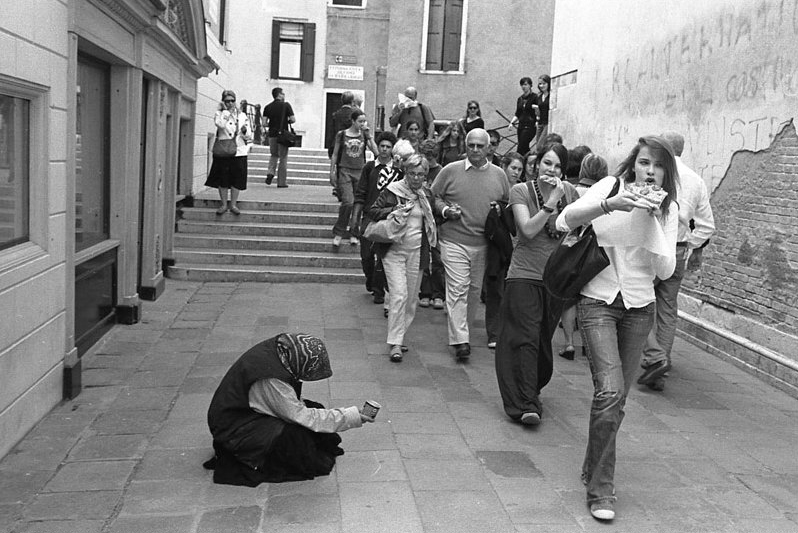The eradication of smallpox has been called “one of the greatest accomplishments undertaken and performed for the benefit of mankind anywhere or at any time.” And though it's the only human disease in history that has been eradicated, we are on the verge of seeing both Polio and Guinea Worm wiped from the face of the planet.
The goods news is that with every disease we eradicate we get better at it. With every disease we eradicate more resources and funds are freed up for investment in the eradication of others. Every 26 days the United States saves the total amount it contributed to smallpox eradication because it does not have to vaccinate or treat the disease. The value of eradication is exponential.
This article enumerates the immeasurable benefits of disease eradication, and the reasons the Body of Christ should take up the cause with the zeal of the missionaries and abolitionists of old. Christians have always been at the forefront of furthering the mission of Christ in the world, to destroy the works of the devil. We are entering a new era. Read all about it...





















